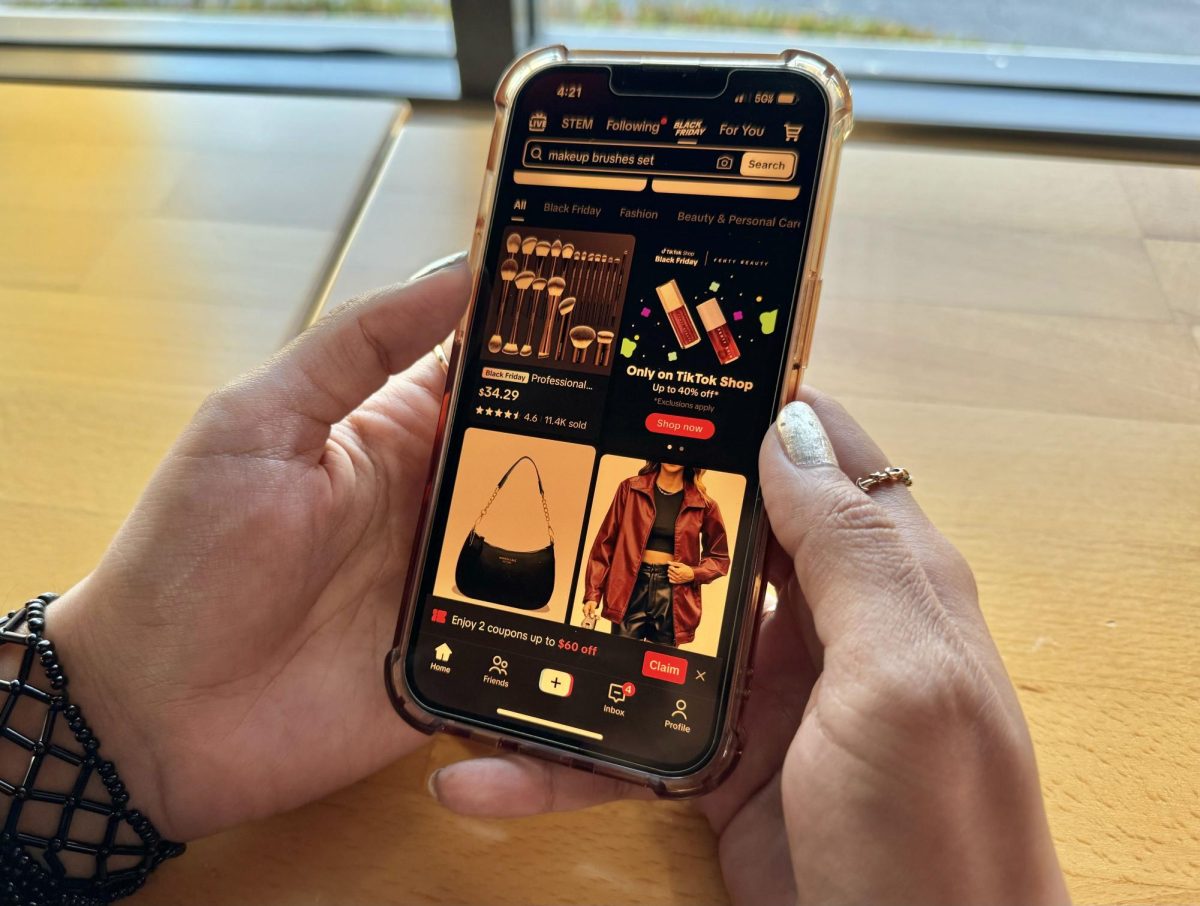It is 1:54 a.m. and my friends all stand up in the middle of a heated “Apples to Apples” match and say goodnight to each other. I ask why we are all leaving and I am informed that as it is almost 2:00 a.m., and we cannot be in my friend’s room any longer.
“That is absurd,” I replied. “We’re just playing a board game.”
This is how I was first introduced to the visitation policy at California Lutheran University. The policy is an element of campus culture, which is deeply polarizing among the campus body. On one hand, a grouping of fastidious students and staff defend the policy as a shield against roommate discomfort or a pillar of CLU “tradition.”
Others claim that the policy provides hygienic security, reflects campus cultural norms or in some way, establishes a positive educational structure for undergraduate students here.
In my view, all of these arguments are absolute bulls***.
Section 26.26 of the Student Life Handbook specifies “visitation hours” as the time throughout the day “during which members of the opposite sex may visit in another’s suite. A person of the opposite sex may not stay overnight. Visitation hours are from 7:00AM to 2:00AM every day.” Students who break the policy and are caught by a Resident Assistant are subsequently punished. Visitation policy is inherently discriminatory and fails to meet contemporary community standards here at CLU.
“Cohab Policy,” is directed toward preventing heterosexual intercourse on campus. Administrators and staff who claim otherwise are propagating a farce. If we honestly consider the view that visitation policy does not aim to segregate the male and female sexes, what are we meant to imagine the policy stands for? In what manner does constructing a five hour window of “male only” and “female only” spaces establish hygienic dorm rooms or a positive learning environment?
If these vague defenses are representative of the candid intent of the policy, it must be assumed that there is something utterly unique about the time between 2:00 a.m. and 7:00 a.m. which is contingent exclusively upon two differing sexes occupying a space. Cinderella had a magic pumpkin, CLU has magic hygiene and education time! Should the policy remain in order to create roommate comfort, as some of my peers have informed me, then it seems to me that mandating roommate contracts each semester would be a more effective and less oppressive institution. No, in actuality visitation policy is set so that those in power can pretend that students won’t be “doin’ the dirty.”
This begs the question: who really cares if the policy prevents heterosexual intercourse or at least absent mindedly attempts to? After all, it’s not as if heterosexuals are an explicitly oppressed group. Further, to suggest that heterosexual students only have sex between two and seven in the morning is laughable and the notion that the only place on campus where students ever “get freaky” is inside of the dorms is probably inaccurate. So what’s the big deal? What is troubling, is that the policy implicitly denies the existence of minority sexes, genders and sexualities on our campus.
Should the policy derive itself from a pursuit to prevent heterosexual intercourse. It logically follows that it is intended to deter intercourse of any kind from occurring. This ignores the fact that not all CLU students are heterosexual. It suggests that sexualities which do not involve “opposite sexes” are not a part of the CLU community or are otherwise of such little value that changing visitation policy to be inclusive is unnecessary. Should two students have homosexual intercourse (or cuddle on the couch) between 2:00 a.m. and 7:00 a.m. – no policy violation results. Seems great, but this short-term victory is dwarfed by a policy which “straight-washes” – it refuses to acknowledge a large set of real sexualities on campus.
Likewise, the policy is explicitly defined by “sex” – but this term is not adequately explored in the booklet. Does the administration mean biological “sex” or do they mean “gender” – the social label one identifies as? Should the handbook mean the former, and I imagine it does, then the policy is cis-normative and further reinforces a false gender binary. This would indicate that Resident Life assumes that all students identify as the gender which society ascribes to them via their genitals. Should the policy refer to gender – how does an RA determine an individual’s gender identity for the purpose of distributing punishment? What happens if a student is male sex, identifies as a woman, and is in a woman’s dorm at 4:00 a.m. studying for finals? Moreover, what does “opposite” gender mean for a student who does not identify as either a man or a woman? According to the policy, could they even live on campus?
These issues would disappear should the policy read neutral of sex or gender. “That no unregistered guest may enter a dorm to which they are not assigned between the hours of 2:00 a.m. and 7:00 a.m.…” for example – but that particular nuclear option seems to me to be a short sighted approach to gender neutrality. I suggest the more narrowly tailored approach: remove the policy entirely. The time restriction sans-sexism serves no real purpose – and Residence Life has a standing policy for otherwise unregistered overnight guests.
Visitation policy ultimately serves only to perpetuate a conservative, cisgender, heteronormative institution which is absolutely disgraceful to this institution of higher learning. Claiming an oppressive institution as being a part of CLU campus “culture” or “tradition” does not serve to promote the integrity of the policy.
I implore the student body to voice their dissent toward visitation policy by actively speaking out against this continued injustice which tacitly refuses to acknowledge students of various genders, sexes and sexualities. It is time the members of the CLU family create a more equitable remedy for roommate comfort. I urge you to write an email to the Residence Life office should you believe that this outdated policy ought to be abolished. It is time for change – stand up for explicit equality. Speak up and be heard – every student deserves the right to be spooned between the hours of 2:00 a.m. and 7:00 a.m!
Mike Frieda
Staff Writer
Published May 7, 2014




